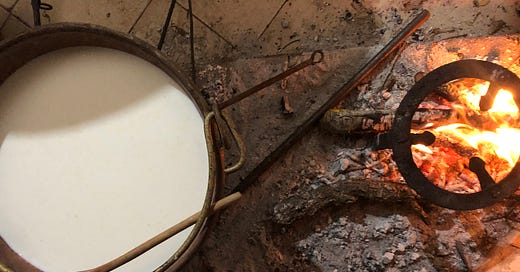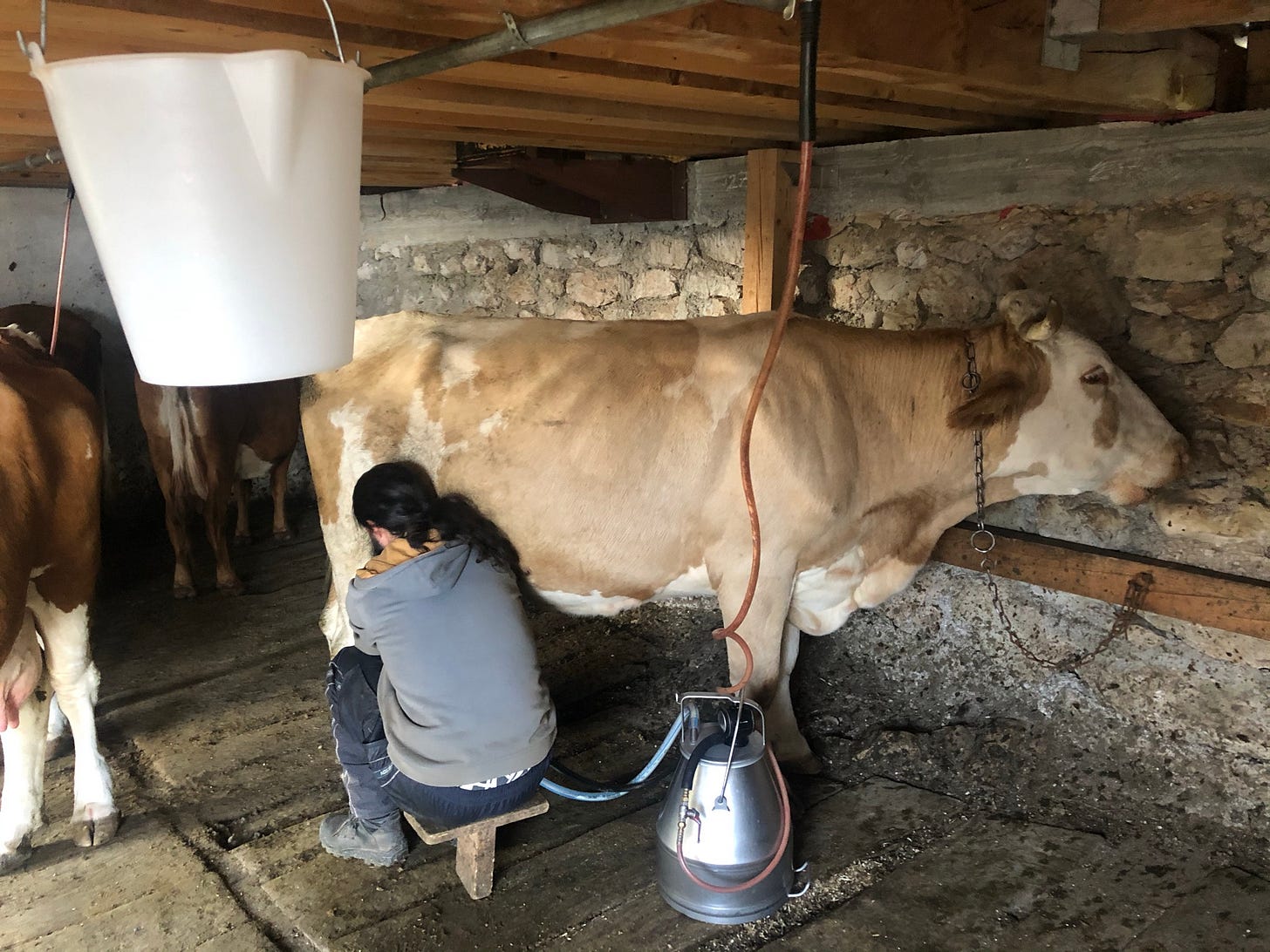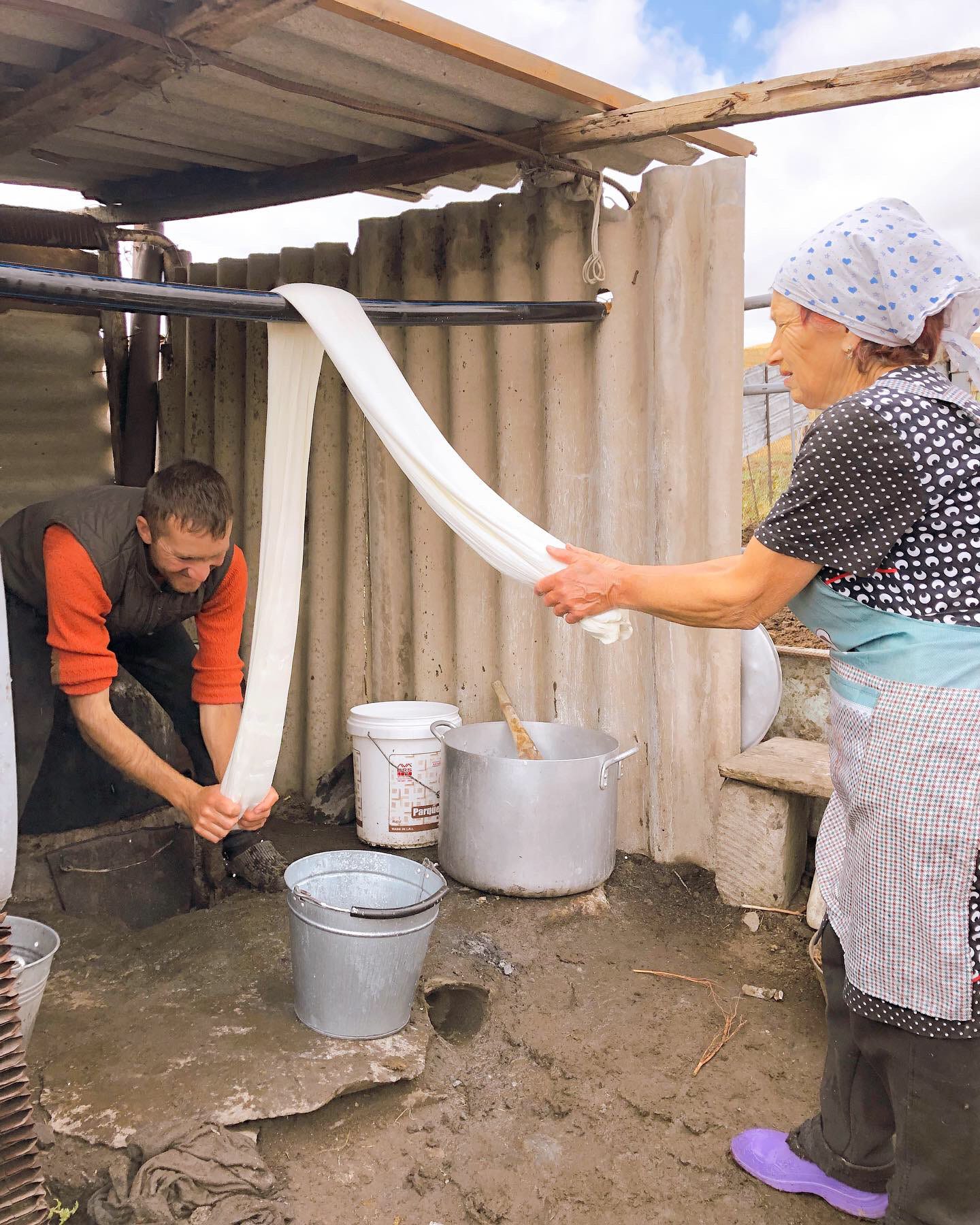Sour Milk School: natural cheesemaking workshops
A mobile cheese education project launching January 2023
Sixteen months ago I began a project called Milk Trekker. I am excited to announce the next phase of my journey, a mobile educational endeavor called Sour Milk School. I will be collaborating with farmers, cheesemakers, chefs, and communities to hold five day natural cheesemaking workshops, starting January 2023 in California before moving north into Oregon and Washington. I have three planned so far, with more in the works. Please check out my new website, Link here.
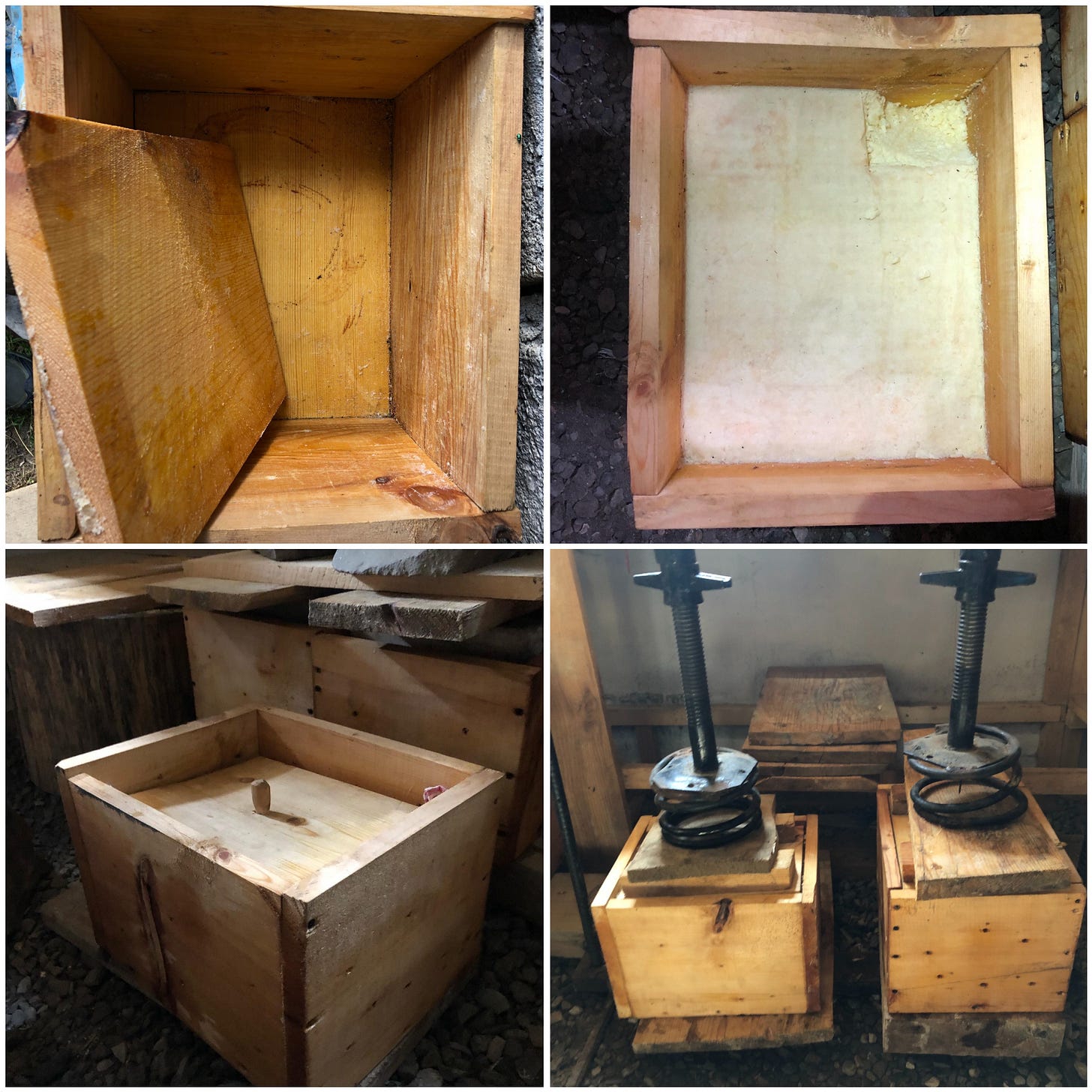
I am currently seeking hosts to help me put these workshops together, in communities around the western US. I will rely on the host to organize the teaching space, find the students, and handle payment. I charge a daily fee, help advertise, and arrive a few days before the start date to do some trial batches and help set things up. A crucial component is obtaining the highest quality milk, that is fresh from the udder, to ensure an intact microbial ecology, and a high probability of successful fermentation. I prefer to hold these at a site where animals are milked, but we can work with milk from offsite, so long as it is good “cheese milk.” The workshops are geared towards aspiring home, restaurant, or farm level cheesemakers.
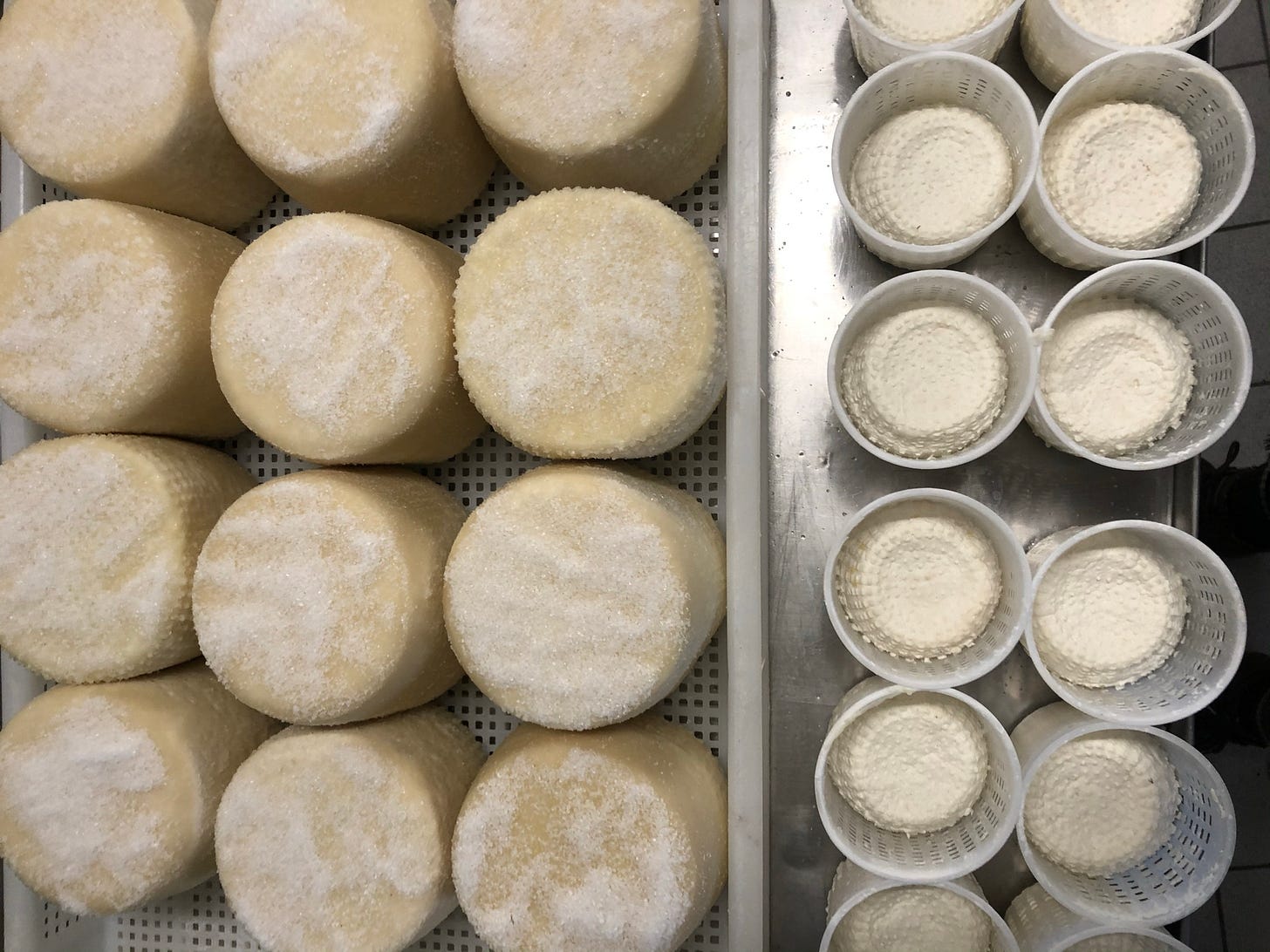
These workshops will introduce students to the basics of milk fermentation, with a focus on generating starter cultures from healthy raw milk. With these starters essentially any category of cheese can be crafted, within the constraints of the available milk and its quality. The packaged starter cultures used by most makers contain microbes that originate from milk itself. These microbes have been removed from the complex communities found in milk, and propagated in laboratories as single strains, which are often combined in blends designed for particular styles of cheese. However, healthy raw milk generally has a range of indigenous microbes that can be the basis for many styles of cheese. What makes milk become a particular type of cheese in large part comes down to how the fermentation is steered, the techniques, equipment, and aging conditions/procedures. It is less about the specific microbes in the starter, although those may lead to specificity within a given style.
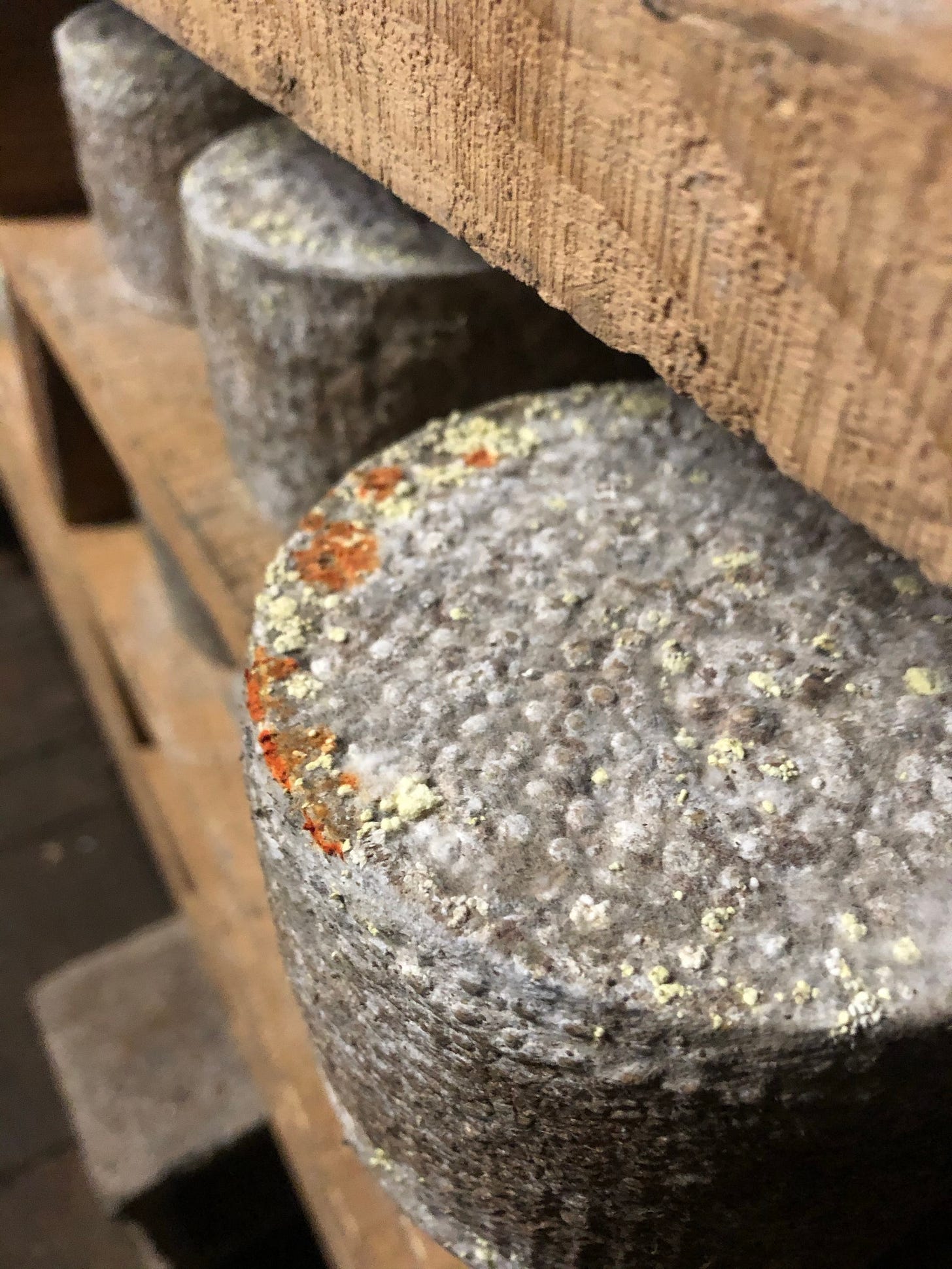
That said, I also feel you can’t make any cheese from any milk. Different species of animals produce distinctly different milks. Breeds of sheep, goats, and cows likely have different types and levels of fat and protein. The diet and living conditions of the animals impacts their digestive health, and components of their feed can enter the milk and be transferred to the cheese. Even more important, in my opinion, is the bedding material, and conditions where animals sleep, which influences the microbial ecology of teats and udders, which is the source of most raw milk microbes. Seasonality is crucial, in terms of the lactation cycle, weather, and general environment in which milking, fermentation, and aging/storing of milk ferments takes place. So a big focus of the workshops will be about bringing knowledge of the milk into our consciousness, and choosing which ferments or cheeses to make based on this, and when to make them. If you don’t milk animals, I encourage developing a close relationship with those who do. The idea is to allow nature and a range of variables into the process, rather than shutting them out. Don’t be daunted by this. Making cheese only needs to be as complex as you want to make it. The basic process is fairly simple.
Not everyone can access trustworthy raw milk, so I will also discuss the use of kefir grains to ferment pasteurized milk. Kefir is a fermented milk beverage that utilizes a community of bacteria and yeast, or SCOBY, to ferment milk sugars. There are a wide range of species in this community, that are carried by small fat and protein clusters called grains that resemble the fractal geometry of cauliflower. These can be used to ferment milk at the initial stage of cheesemaking, and also to introduce rind microbes. Kefir and clabber contain similar communities, with different specific microbes, most of which don’t play a role in cheese. But they both can drive the initial fermentation, and allow the maker to steer the fermented milk into a myriad of cheese types. The view of cheesemaking that I share sees multiple stages of fermentation that begin with the milk coming out of the udder, and continue as the cheese is aged. Cheese is not simply made in the vat, but is a continuum, a constantly evolving process. Like life itself, we can attempt to rigidly control this process with constant, neurotic intervention. Or we can row our cheese gently down the stream, learning how the stream flows, and how to steer our boat.
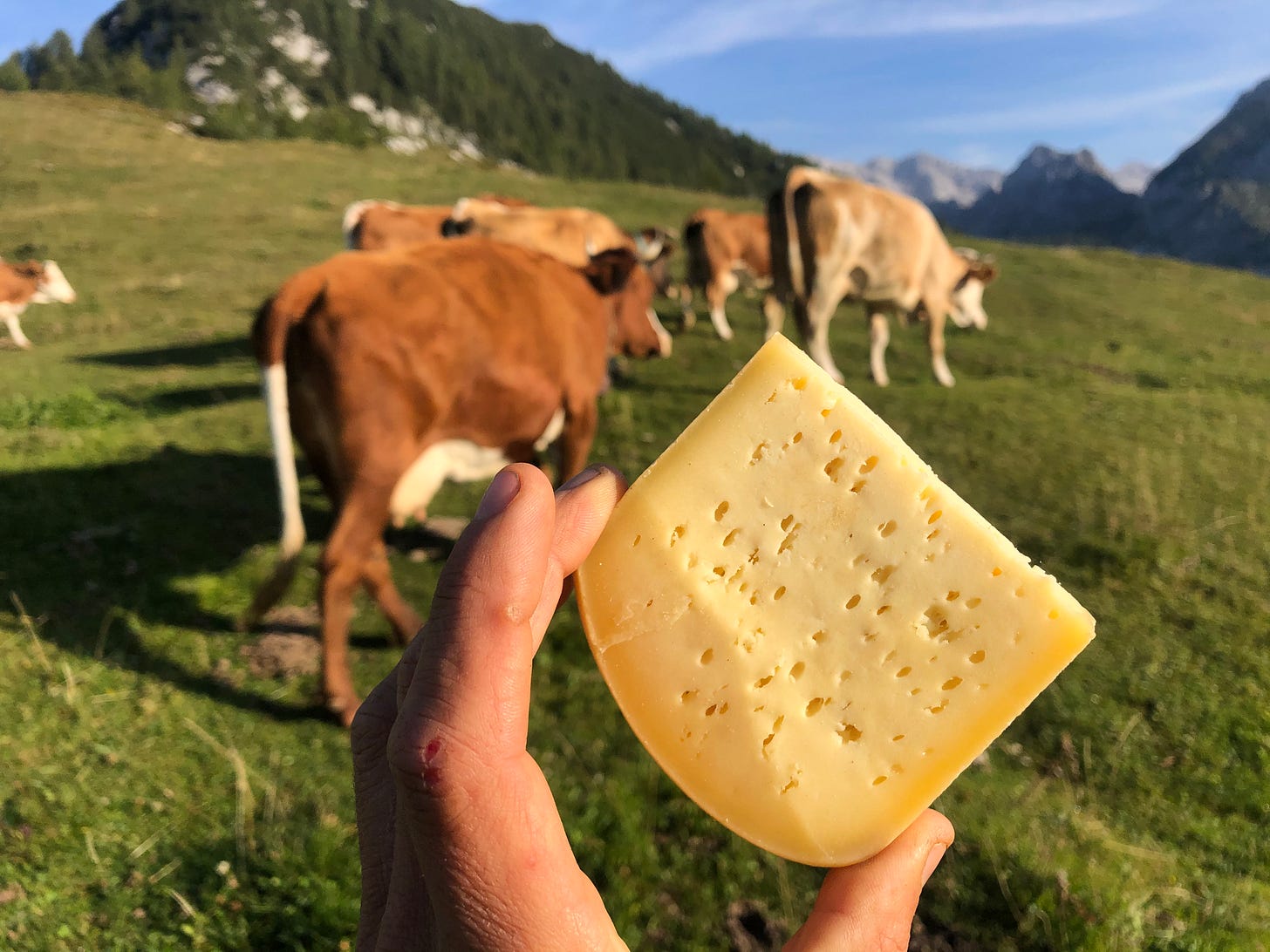
I emphasize learning to act from our senses, training and relying on them, backed by tools of measurement, to guide us through the fermentation process. I will use a pH meter, and allow students to taste the milk and cheese at various levels of acidity so they can get a sense of how aroma and taste change as a cheese ferments. We will utilize an important characteristic of cheese curd, that it will stretch between a pH of 5.5 and 5 when exposed to hot water. The degree and feel of this stretching can be used to estimate amount and rate of fermentation, and this can be verified with the pH meter. Once the student’s senses have been trained, they can make cheese without necessarily needing a pH meter of their own.
This concept of reclaiming our senses is central to my approach. Our senses of smell and taste have been blunted by an antibiotic diet reliant on sugar and fat, by polluted environments, by a Victorian mentality that views creation as something disgusting. We are removed from having to rely on our nose for safety, and instead read expiration dates, and trust food made in factories, wrapped in plastic, lacking in aromatic richness. The nose still knows, but we have forgotten, and allowed our senses to atrophy, like muscles we’ve stopped using.
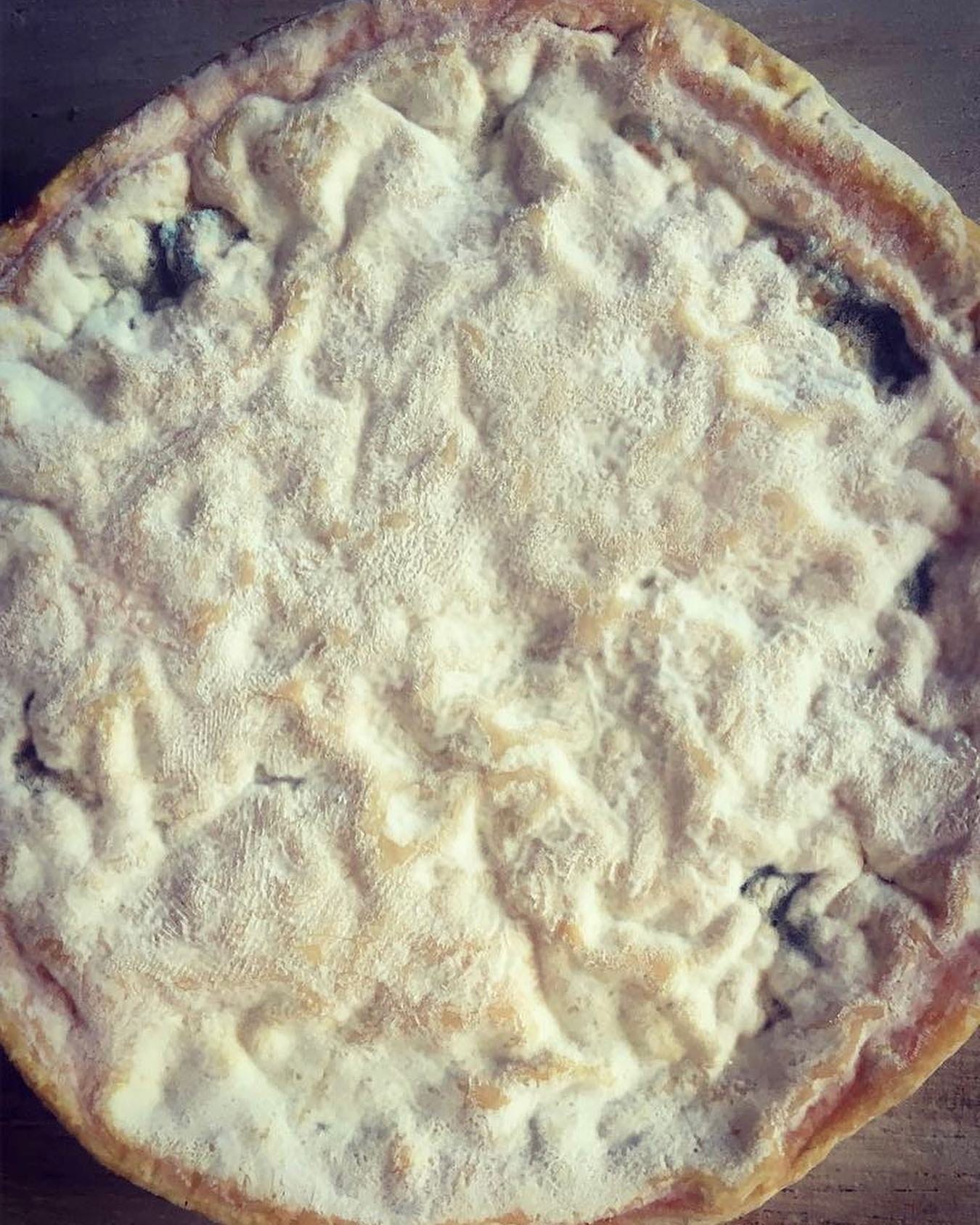
Novel sensory experiences, tasting and smelling new things, will exercise the forgotten olfactory (smell) and gustatory (taste) muscles. This is our birthright. We are primates, in possession of an acute chemical sensing organ. It can be trusted. Milk fermenting microbes can be trusted. Let’s allow ourselves to utilize our senses again, reclaiming them, and letting them guide us to a more healthy existence.
As you can sense, these workshops are about much more than cheesemaking. I will focus on the practical, but there is a philosophy behind it. If these ideas appeal to you, and you are interested in hosting or attending one of these, please view my website for more information. There is a schedule that will be updated as I get more of these planned. The cheese rolls on. Link:

